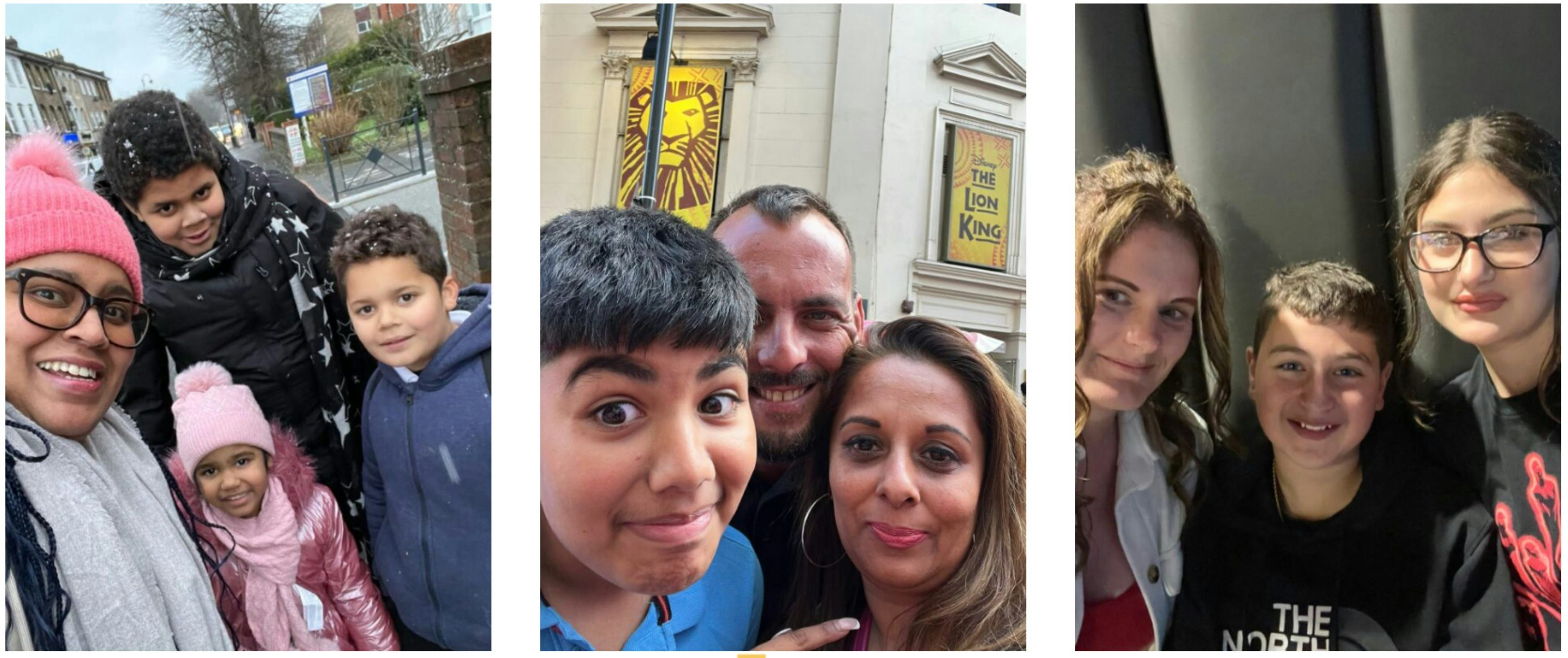When Becci put down the phone her heart sank. “I remember feeling hopeless. I had no idea how we were ever going to get out of this cycle. It had been a constant battle with Henry to get him into school that morning, only to be called in a few hours later because of a serious incident”.
Becci was overwhelmed with questions — “Is my parenting to blame? Do school think I’m a failure?”
“We had tried everything to support Henry. We had gone on parenting courses, we had been to the doctor, we were waiting on assessments and yet, things were just getting worse”.
Unfortunately, stories like Becci’s are not uncommon. Thousands of parents silently suffer in a cycle of shame because they struggle to manage their child’s behaviour.
“Many have been let down by social services and told they are rubbish parents” says Erin Docherty, National Mental Health Lead for Oasis. “Lots of children have quite complex needs which means traditional methods of parenting with ‘consequences’ and ‘rewards’ does not work. Things like taking games off a child or turning off the Wi-Fi can cause explosive responses.”
This can sometimes lead to child-on-parent violence. “There’s a great number of parents who are actually physically assaulted by their kids who are like this secret group that exists in the UK, but it’s not talked about. It’s a really, really difficult area because there’s a lot of shame attached” says Erin. To make matters more difficult, “parents are very protective of their child so they won’t ever tell school that their child’s behaving this way because they want school to like and support their child, and they worry about how school would see them if they knew” Erin adds. Things are much more complex than “poor parents” and “badly behaved children”.
A new approach
In the face of these challenges, Erin and our wider mental health team knew that something needed to be done. A resource was needed to help parents deal with the complex needs of their child whilst also supporting their own mental health and wellbeing. As a result, Oasis Encounter was born.
Oasis Encounter is a 10-week therapeutic intervention open to all Oasis communities, teaching non-violent tools to transform the wellbeing of both parents and children. So far, we have formed school and community-led groups, as well as offering the course alongside our A&E-based violence reduction work.
Encounter has the tagline: ‘compassion and connection before correction’. This applies to both parents and children. Parents are compassionately reassured they are not failures and that they must look after themselves before they can look after others. “When parents change their behaviour,” says Erin, “children change because they follow their parents’ footsteps.”
Erin and our mental health team identified that one of the biggest problems parents face is isolation. “Many parents are quite isolated and don’t have a wider family nearby to support them” says Erin. “At the age parents are, making friends is difficult.” As a result, the Encounter programme is set up to encourage community-building amongst parents.
The Encounter course runs online which has allowed parents to connect with each other and form friendships despite living in different places. “In fact, because parents may never meet in person, they are much more open about what they are going through” says Erin. In addition, every Encounter cohort makes a WhatsApp group for parents to stay in touch, support each other, and share stories. “By Week five or six of the course, the WhatsApp group is buzzing!” says Erin. Becci said, “I went from feeling isolated and shameful to feeling accepted, supported and part of a group of friends! I started to look forward to our sessions and loved the opportunity to connect with everyone through WhatsApp during the week. I laughed with them when they told us about how things hadn’t quite gone to plan. I cried with them when someone discussed a really difficult weekend, and I celebrated with them when the stories of breakthrough started to appear.”
Building a tribe
Afterwards, some parents who particularly enjoyed the course can train as mentors to support the next cohort of parents. “This builds a tribe” says Erin. “Parents can support other parents who know what they are going through because they have been there themselves. Parent mentors say to new parents ‘We know it works. You can ask us any questions. We can tell you how we found it’”. The tribe grows as parents support each other, grow together, and celebrate one another.
With such supportive communities built on the course, stories of transformation abound. “Parents who had their children in social care because they could no longer cope have reversed their decisions. Marriages that had broken down have been repaired. Family conflicts where parents have signed up to separate courses have started to reconcile and resolve” says Erin. “It’s repairing families through connection and making them feel part of something bigger.”
Overall, perhaps the biggest gift that Encounter offers is that it shows “you do not need to be a therapist to improve somebody’s mental health. People heal when they’re heard and sometimes sitting with them saying nothing at all is enough. It communicates ‘I’m here. You’re held. You’re safe,’” says Erin. Healing happens when we are in the company of others. It happens in community.



